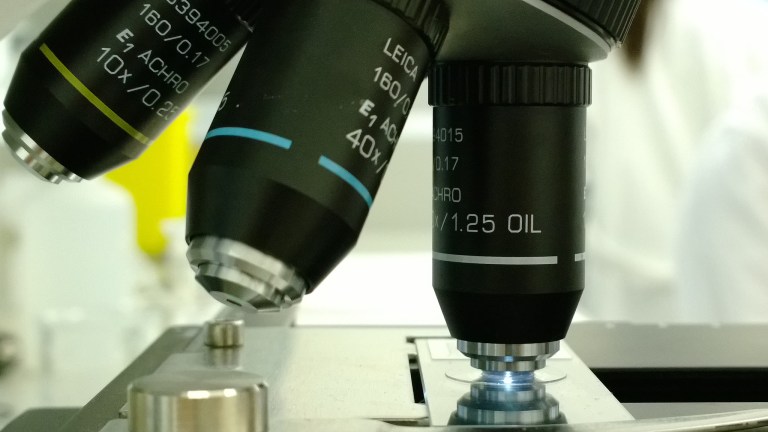Help us protect the commons. Make a tax deductible gift to fund our work. Donate today!

Science! by Alexandro Lacadena, CC BY-NC-ND 2.0
A few weeks ago we wrote about how the European Union is pushing ahead its support for open access to EU-funded scientific research and data. Today at the meeting of the Competitiveness Council of the European Union, the Council reinforced the commitment to making all scientific articles and data openly accessible and reusable by 2020. In its communication, the Council offered several conclusions on the transition towards an open science system:
- ACKNOWLEDGES that open science has the potential to increase the quality, impact and benefits of science and to accelerate advancement of knowledge by making it more reliable, more efficient and accurate, better understandable by society and responsive to societal challenges, and has the potential to enable growth and innovation through reuse of scientific results by all stakeholders at all levels of society, and ultimately contribute to growth and competitiveness of Europe;
- INVITES the Commission and the Member States to explore legal possibilities for measures in this respect and promote the use of licensing models, such as Creative Commons, for scientific publications and research data sets;
- WELCOMES open access to scientific publications as the option by default for publishing the results of publicly funded research;
- AGREES to further promote the mainstreaming of open access to scientific publications by continuing to support a transition to immediate open access as the default by 2020;
- ENCOURAGES the Member States, the Commission and stakeholders to set optimal reuse of research data as the point of departure, whilst recognising the needs for different access regimes because of Intellectual Property Rights, personal data protection and confidentiality, security concerns, as well as global economic competitiveness and other legitimate interests.
You can read the rest of the conclusions. Crucially, the Council said that “open access to scientific publications” will be interpreted as being aligned to the definition laid out in the Budapest Open Access Initiative: free availability on the public internet, permitting any users to read, download, copy, distribute, print, search, or link to the full texts of these articles, crawl them for indexing, pass them as data to software, or use them for any other lawful purpose, without financial, legal, or technical barriers. The only constraint on reproduction and distribution, and the only role for copyright in this domain, should be to give authors control over the integrity of their work and the right to be properly acknowledged and cited.
Posted 27 May 2016